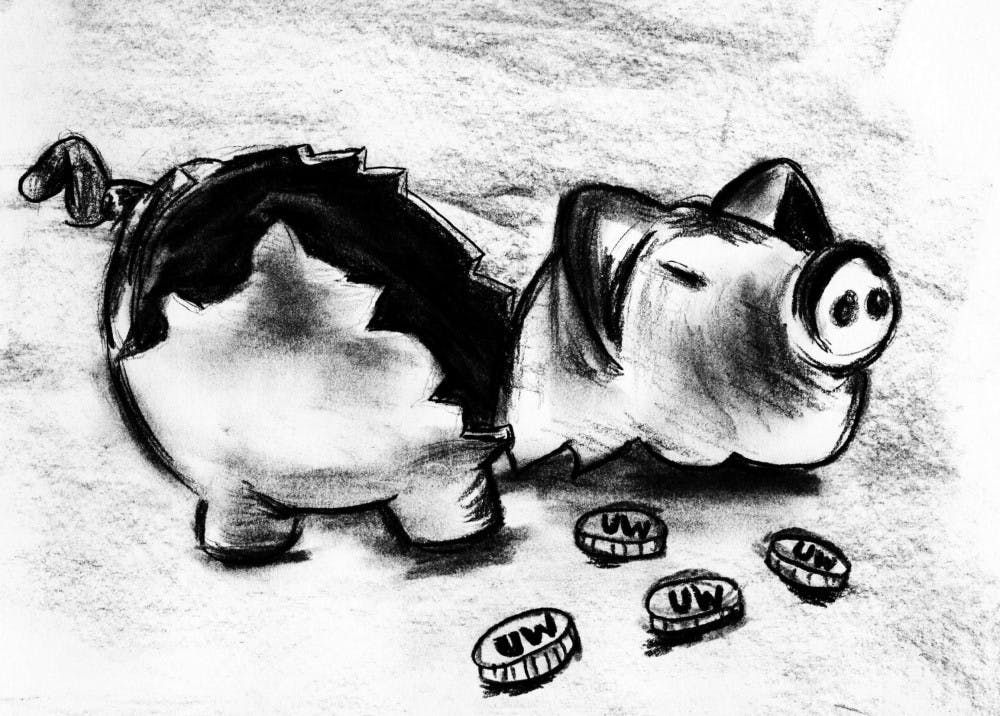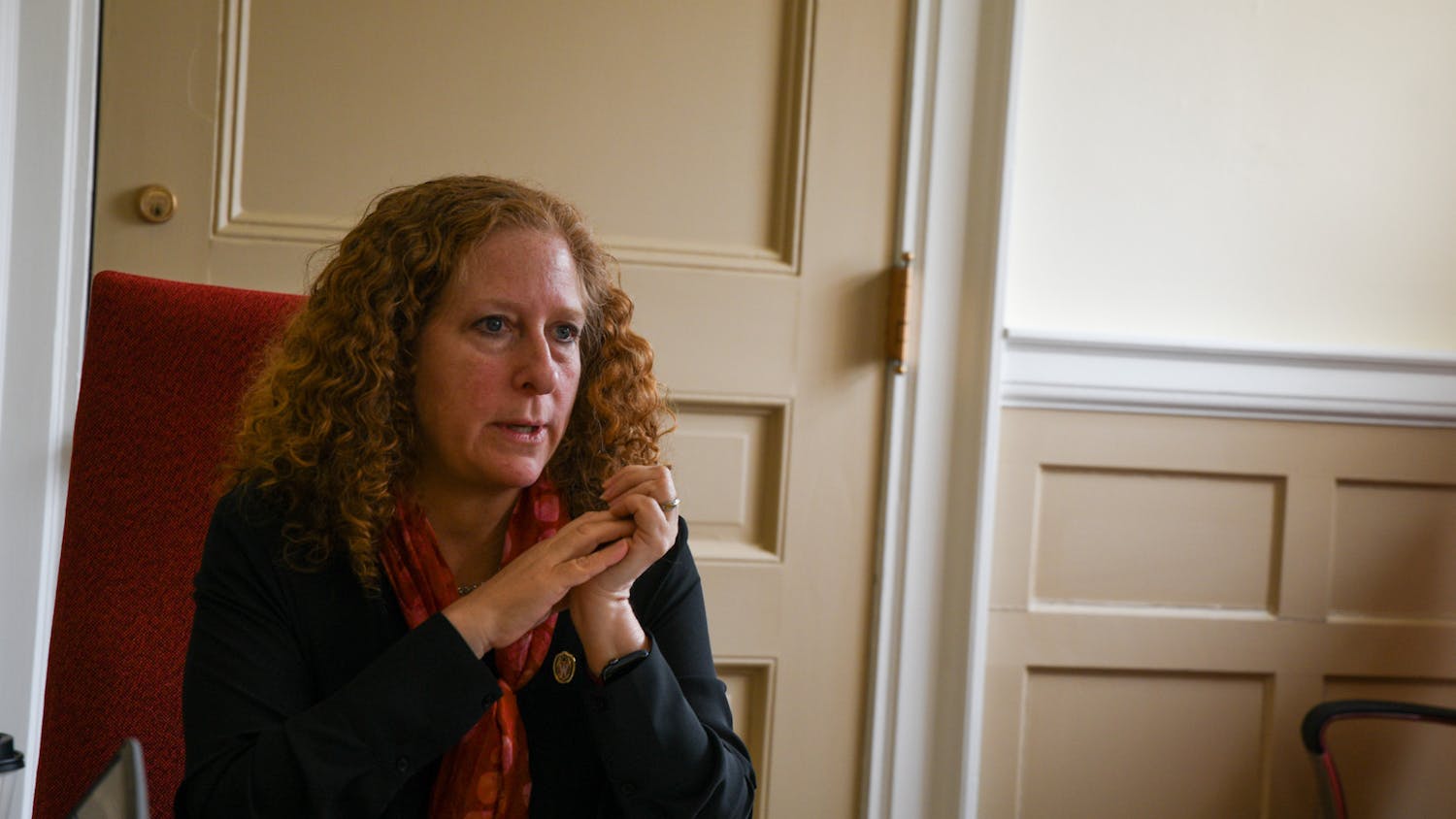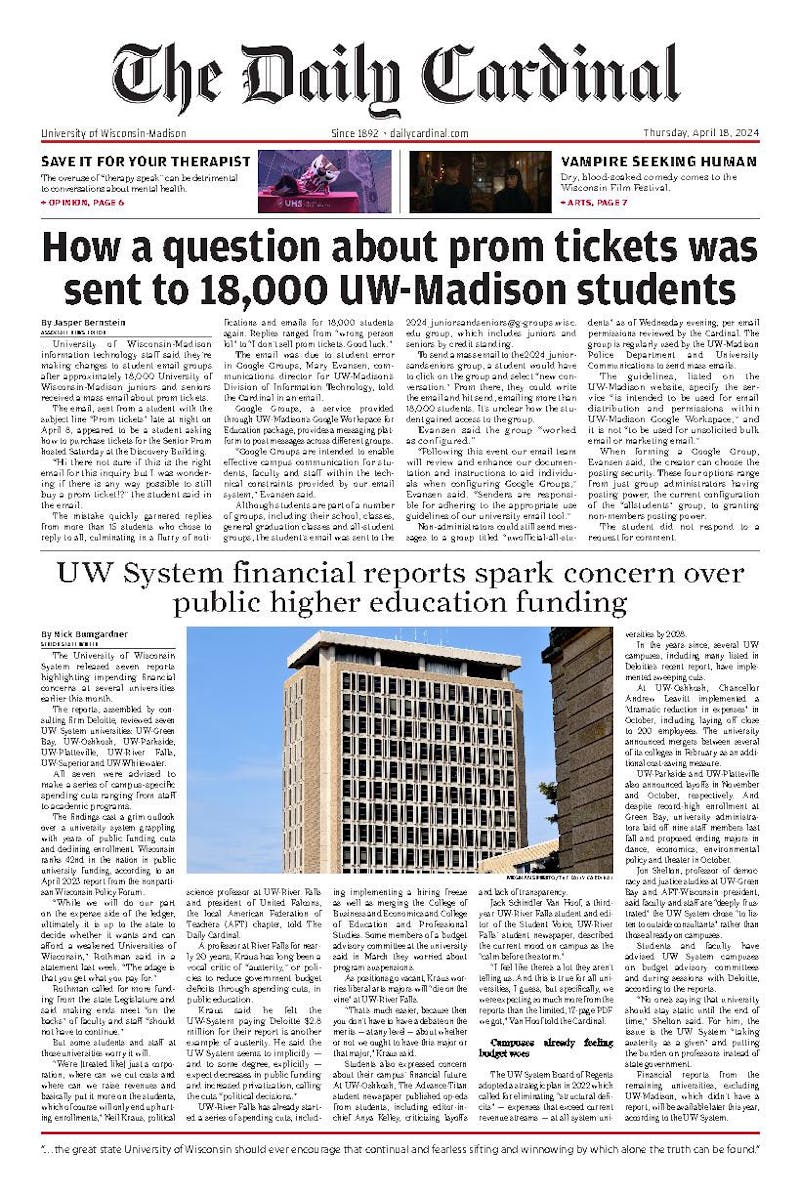UW System universities have been grappling with how to manage decreased funding for years, while still trying to offer reliable programs and ignite successful job creation. Let’s see how they’ve done.
Earlier this year, the Board of Regents piloted restructuring of system universities to merge two-year with four-year campuses. Along with this, university leaders have undergone faculty consolidation and threatened cuts to humanities programs.
Concerns about managing stretched budgets have continued to plague the system as less students graduate high school and university enrollment rates drop at universities.
“UW campuses need to review their low-enrollment degree programs, but they shouldn’t eliminate those without understanding why there is low enrollment,” said Noel Radomski, director and associate researcher at the Wisconsin Center for the Advancement of Postsecondary Education.
As part of the 2017-’19 biannual budget, Gov. Scott Walker extended the tuition freeze into its fifth year and announced plans to cut tuition by five percent in the fall of 2018. The missing tuition funds would be alleviated by $35 million in taxpayer dollars. The freeze was carried into a sixth year at the start of the semester.
This follows Walker’s decision to cut the UW System budget by $250 million over a two-year period in 2015. With the upcoming gubernatorial election, the status of the UW System budget could change, but the only way to do that is to have an honest conversation, according to Radomski.
“[I wish to see] a candid discussion and tough decisions about a realistic sharing of costs between student tuition, state grants and state government funding to UW System to the campuses,” Radomski said.
Aside from the budget cuts, a prosperous economy may be the key to declining enrollment, according to Gene Dalhoff, Vice President of Talent and Education of the Madison Regional Economic Partnership.
“When the economy is good, and jobs are plentiful, college enrollment tends to decline. Conversely, when the economy is poor, college enrollment tends to increase,” he said.
The regents decided on the 2018-’19 annual budget earlier this year, allocating funds to increase student fees by $33 along with a $118 increase for room and board. However, UW-Milwaukee Vice Chancellor of Finance Robin Van Harpen views the student fees as below average with no significant increase for room and board at the university.
A decrease in faculty has also challenged UW-Milwaukee to find other ways to boost student interest, including adopting satellite campuses in Waukesha and Washington County.
UW-Milwaukee is not the only campus facing hardship, as UW-Stevens Point combats a 7 percent decrease in enrollment and potential faculty cuts. The university has also proposed cutting 13 humanities majors, including English and Political Science, which has been actively disputed by Reclaim the UW protestors since the announcement in March.
“Losing students is lost revenue,” Radomski said. “Campuses need to do a much better job ‘tracking’ students’ academic performance and financial needs.”
With the tracking reports, campuses could then design and improve ongoing programs and practices, like intrusive counseling and emergency student grants, to reduce the number of dropouts and the time it takes to complete a degree.
The heavy focus on required test scores may influence student interest in pursuing college degrees, according to Radomski. He noted interest in modifying the admissions requirement to appeal to more diverse groups of students, instead of continuing focus on high school GPAs and ACT scores.
This prompted him to ask: “What is best for tomorrow, not yesterday?”






